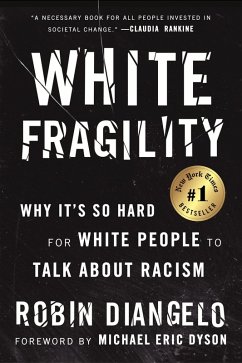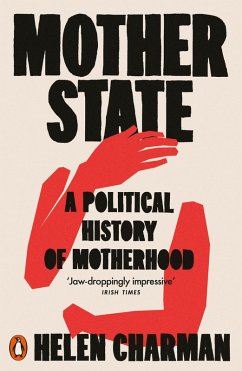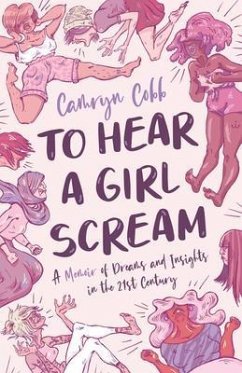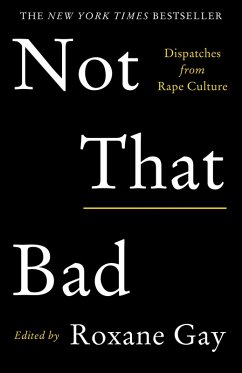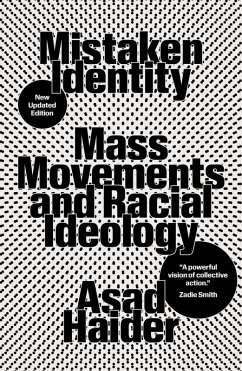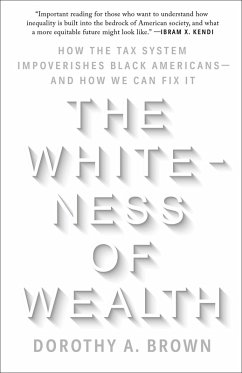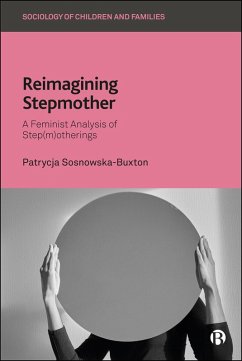
Massive Resistance and Southern Womanhood (eBook, ePUB)
White Women, Class, and Segregation
Versandkostenfrei!
Sofort per Download lieferbar
94,95 €
inkl. MwSt.
Weitere Ausgaben:

PAYBACK Punkte
47 °P sammeln!
Massive Resistance and Southern Womanhood offers a comparative sociocultural and spatial history of white supremacist women who were active in segregationist grassroots activism in Little Rock, New Orleans, and Charleston from the late 1940s to the late 1960s. Through her examination, Rebecca Brückmann uncovers and evaluates the roles, actions, self-understandings, and media representations of segregationist women in massive resistance in urban and metropolitan settings.Brückmann argues that white women were motivated by an everyday culture of white supremacy, and they created performative s...
Massive Resistance and Southern Womanhood offers a comparative sociocultural and spatial history of white supremacist women who were active in segregationist grassroots activism in Little Rock, New Orleans, and Charleston from the late 1940s to the late 1960s. Through her examination, Rebecca Brückmann uncovers and evaluates the roles, actions, self-understandings, and media representations of segregationist women in massive resistance in urban and metropolitan settings.
Brückmann argues that white women were motivated by an everyday culture of white supremacy, and they created performative spaces for their segregationist agitation in the public sphere to legitimize their actions. While other studies of mass resistance have focused on maternalism, Brückmann shows that women's invocation of motherhood was varied and primarily served as a tactical tool to continuously expand these women's spaces. Through this examination she differentiates the circumstances, tactics, and representations used in the creation of performative spaces by working-class, middle-class, and elite women engaged in massive resistance. Brückmann focuses on the transgressive "street politics" of working-class female activists in Little Rock and New Orleans that contrasted with the more traditional political actions of segregationist, middle-class, and elite women in Charleston, who aligned white supremacist agitation with long-standing experience in conservative women's clubs, including the United Daughters of the Confederacy and the Daughters of the American Revolution. Working-class women's groups chose consciously transgressive strategies, including violence, to elicit shock value and create states of emergency to further legitimize their actions and push for white supremacy.
Brückmann argues that white women were motivated by an everyday culture of white supremacy, and they created performative spaces for their segregationist agitation in the public sphere to legitimize their actions. While other studies of mass resistance have focused on maternalism, Brückmann shows that women's invocation of motherhood was varied and primarily served as a tactical tool to continuously expand these women's spaces. Through this examination she differentiates the circumstances, tactics, and representations used in the creation of performative spaces by working-class, middle-class, and elite women engaged in massive resistance. Brückmann focuses on the transgressive "street politics" of working-class female activists in Little Rock and New Orleans that contrasted with the more traditional political actions of segregationist, middle-class, and elite women in Charleston, who aligned white supremacist agitation with long-standing experience in conservative women's clubs, including the United Daughters of the Confederacy and the Daughters of the American Revolution. Working-class women's groups chose consciously transgressive strategies, including violence, to elicit shock value and create states of emergency to further legitimize their actions and push for white supremacy.
Dieser Download kann aus rechtlichen Gründen nur mit Rechnungsadresse in A, D ausgeliefert werden.




